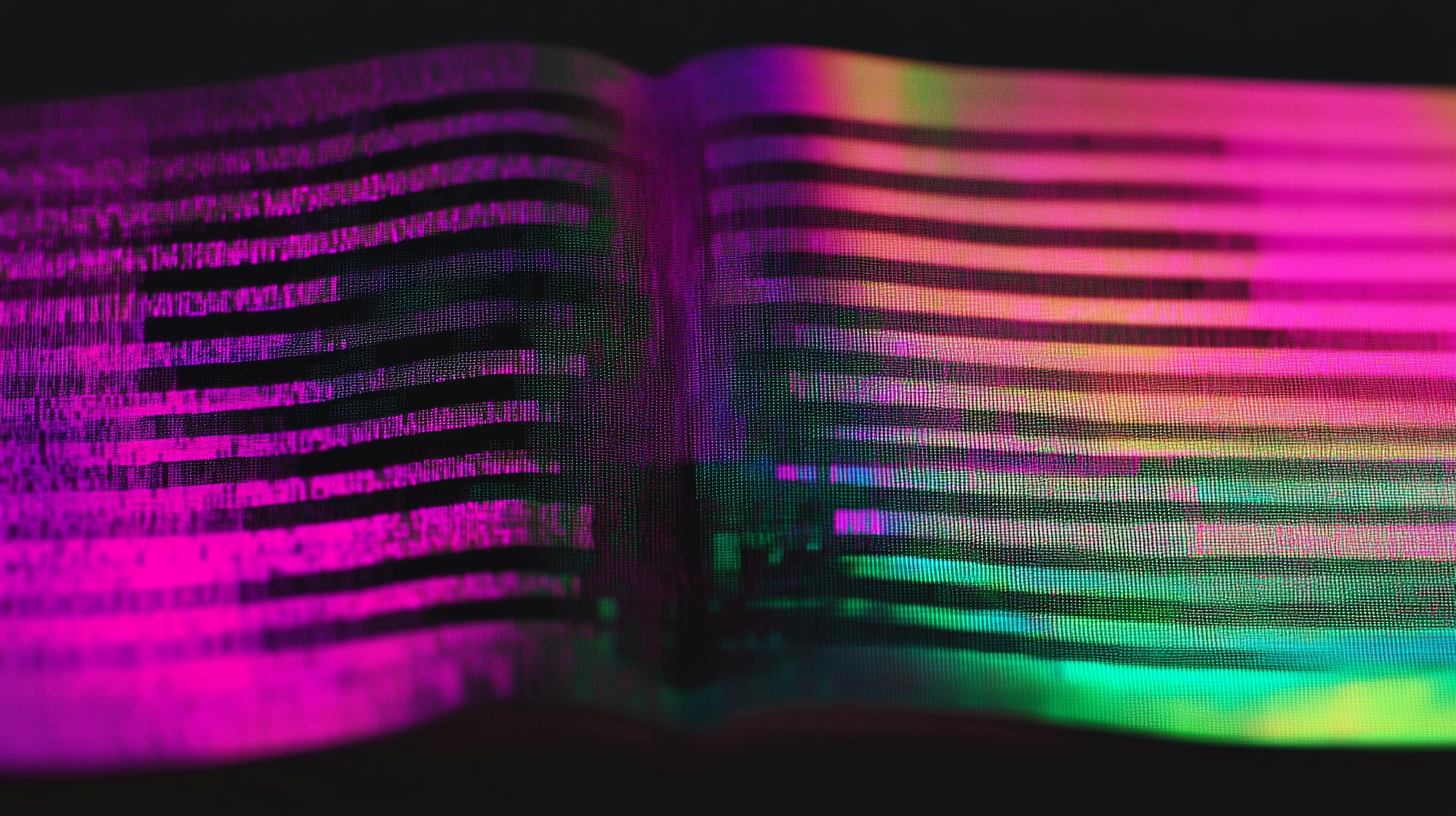ChatGPT search provides inaccurate sources even for OpenAI partner publishers

A new study from Columbia University's Tow Center for Digital Journalism shows that ChatGPT's search function has serious accuracy problems, including fabricating sources and misquoting content - even from publishers that have agreements with OpenAI.
The researchers tested 200 news citations from 20 different publishers and found that ChatGPT provided wrong or partially incorrect source information in 153 cases. This included both OpenAI partner publishers and those that block ChatGPT from accessing their content.
The study found that ChatGPT only admitted to not finding a source in seven cases. "Eager to please, the chatbot would sooner conjure a response out of thin air than admit it could not access an answer," the researchers noted. What's more concerning is that ChatGPT presents these false sources with complete confidence, without indicating any uncertainty.
The issues affect even publishers with direct OpenAI partnerships and approved content access. The New York Post and The Atlantic, for example, often saw their content misquoted or misrepresented by the AI system.
ChatGPT cites copied content
In some instances, ChatGPT pointed to copied content instead of original sources. For one New York Times article, the system linked to a website that had copied the entire piece without attribution.
"As a publisher, that’s not something you want to see," said Mat Honan, editor-in-chief of MIT Technology Review. "But there’s so little recourse."
When asked about these findings, OpenAI responded by highlighting that ChatGPT directs 250 million users to high-quality content weekly. The company said it's working with partners to improve citation accuracy.
The researchers concluded that publishers currently have no way to ensure ChatGPT Search displays their content correctly - whether they work with OpenAI or not.
The complete study results are available on GitHub.
AI News Without the Hype – Curated by Humans
As a THE DECODER subscriber, you get ad-free reading, our weekly AI newsletter, the exclusive "AI Radar" Frontier Report 6× per year, access to comments, and our complete archive.
Subscribe nowAI news without the hype
Curated by humans.
- Over 20 percent launch discount.
- Read without distractions – no Google ads.
- Access to comments and community discussions.
- Weekly AI newsletter.
- 6 times a year: “AI Radar” – deep dives on key AI topics.
- Up to 25 % off on KI Pro online events.
- Access to our full ten-year archive.
- Get the latest AI news from The Decoder.